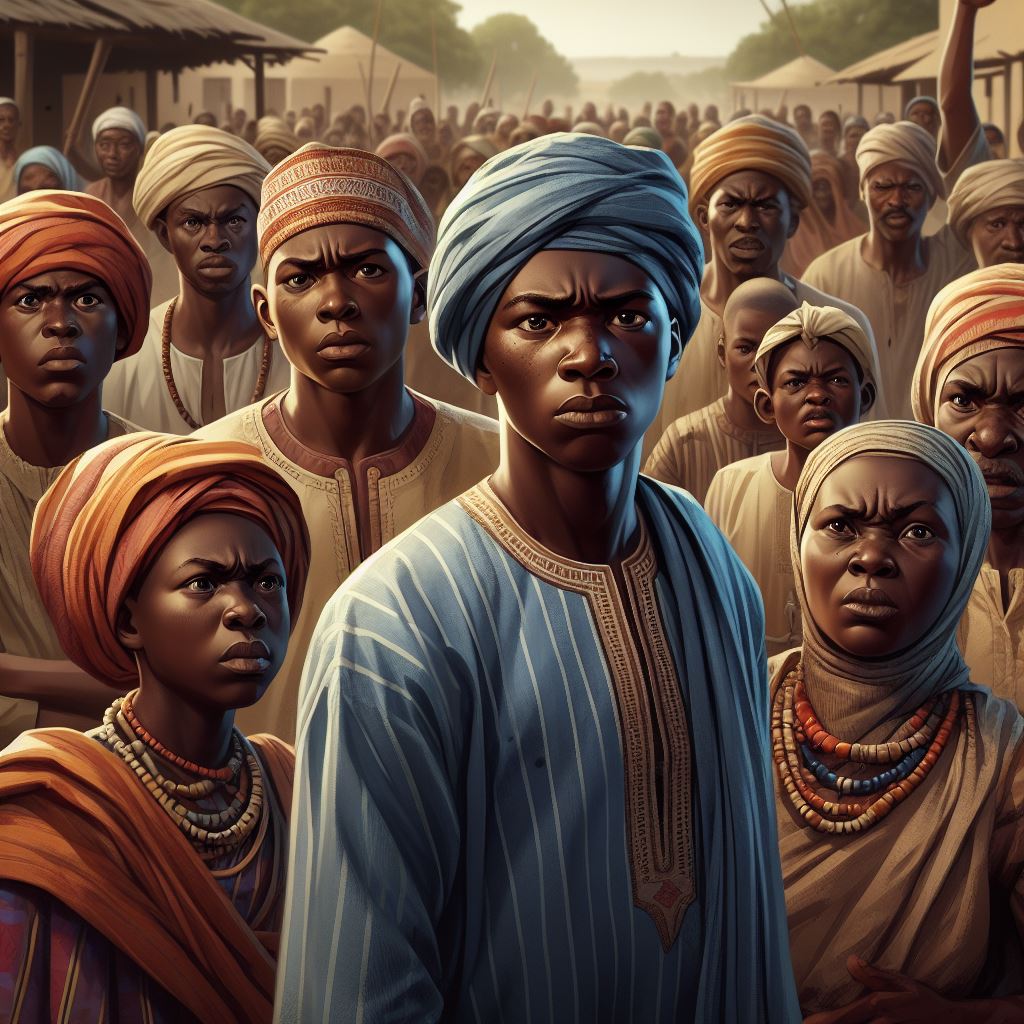Innocent writes 😉
In Nigeria, a country known for its vibrant culture, value driven markets, and rich history, there is a growing sense of economic hardship that has been weighing heavily on its citizens the past few months. With rising inflation, high unemployment rates, and a struggling currency, many Nigerians are finding it increasingly difficult to make ends meet.
The economic hardship in Nigeria can be seen in many aspects of many of its citizens daily life, as the cost of living has skyrocketed, making it challenging for families to afford basic necessities such as food, shelter, and healthcare.
Many landlords have increased the cost of tenancy. Transportation and the cost of fuels, cooking gas and the rest are shooting through the roof daily. Unemployment rate in the country is at an all-time high, with many young people struggling to find steady and sustainable jobs, and the Naira has also been steadily depreciating, leading to decreased purchasing power and a sharp increase in the prices of goods and services.
One of the most visible signs of economic hardship in Nigeria can be seen in the streets of its ever busy cities and towns. Long lines at gas stations, crowded markets with inflated prices, and a general sense of uncertainty and anxiety among the population are all indicators of the difficult economic climate facing the country.
The most popular topic of discussion in almost every gathering of average Nigerians is the current hardship being witnessed by the country. It’s like a wild fire, only needing an individual to make a little complaint just about anything and the discussion booms
For many Nigerians, the economic hardship has taken a devastating toll on their mental health and well-being. The burden of trying to make ends meet, the fear of not being able to provide for their families, and the uncertainty of the future have all contributed to a sense of despair and hopelessness among many citizens.
Despite the challenges, Nigerians known for being resilient and resourceful people, are finding ways to cope with the economic hardship, such as starting small businesses, growing their own food, and finding creative ways to stretch their limited resources. Community support and solidarity have also played a crucial role in helping some people stem the tide though.
Be that as it may, people wonder if the government of the day is not sensitive enough to the plight of its citizens or simply oblivious of the harsh reality that has engulfed the “Giant of Africa”.
As the government and policymakers grapple with the complex economic issues facing the country, it is clear that there is a long road ahead to recovery, and they must as a matter of urgency, show to the people that they care and are working assiduously to assuage their sufferings.
In the meantime, Nigerians continue to navigate the challenges of the current economic hardship with determination, resilience, and a steadfast belief in a better future.
However, a big question looms in the ever tensed atmosphere of the nation at the moment; how much more suffering can the people bear before they reach their breaking point?






